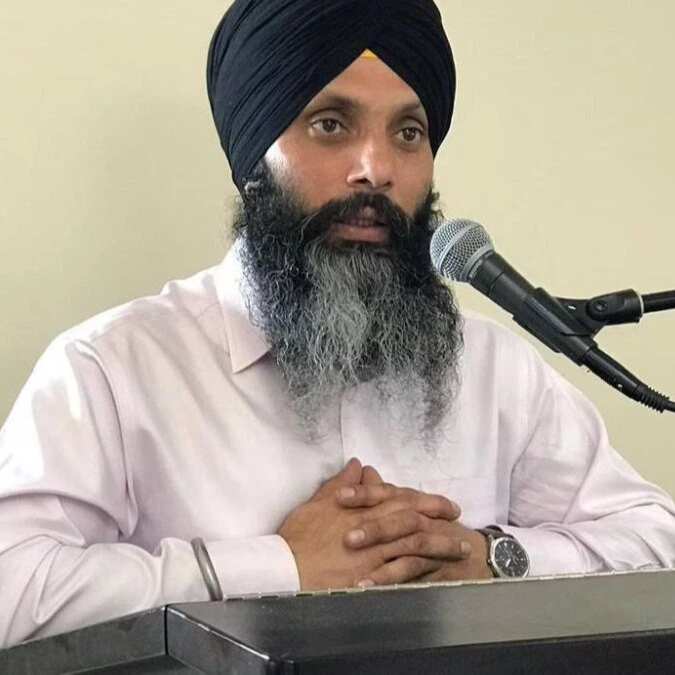When one thinks of either India or Canada, the other country is not likely the first to come to mind. They seem to never interact in a way which could splash across national headlines; however, over the past couple of days, their souring relationship has piqued everyone’s curiosity.

Hardeep Singh Nijjar
The initial falling domino was the murder of a Canadian Sikh who India had labeled as a terrorist. The prime minister of Canada, Justin Trudeau, released a statement that stated that the country had “credible allegations” that India was behind the attack. The victim, Hardeep Singh Nijjar, was designated as a terrorist since he supported seceding from India in a parcel of land called Khalistan.
Khalistan was to be a homeland for Sikhs, and this movement had started back in the 1940s. Nearly 60% of the Indian state of Punjab, what many envision to become Khalistan, are Sikh. On the other hand, they are a minority in India. Hardeep was killed by gunfire by unidentified attackers from outside a temple in Canada. For many, he is now a martyr for their cause.

In response to Canada’s allegations, Indian Prime Minister Narendra Modi declared it “absurd and motivated.” Soon after, both countries expelled each other’s diplomats. India has also indefinitely suspended visas for Canadian citizens. During the G20 Summit held in India, Modi did not hold a bilateral meeting with Trudeau as he did with other world leaders, a fact many are calling a snub. Furthermore, Canada has paused discussion of a trade treaty with India. However, a Canadian general has reassured the public that the series of actions between the two countries is “not affecting” the military ties between the two countries.
Modi also criticized a Canadian parade which had a float that depicted the assassination of former Indian Prime Minister Indira Gandhi. She was killed by her Sikh bodyguards after she had allowed a storming of a Sikh temple to capture separatists who aimed to form Khalistan. An Indian statement had said that “they are promoting secessionism and inciting violence against Indian diplomats.” In response, Trudeau said at a press conference that Canada will always allow the “freedom of expression, freedom of conscience, and peaceful protest.”
Hopefully these issues will soon be resolved soon; however, there may not be a decision of which everyone will approve.

